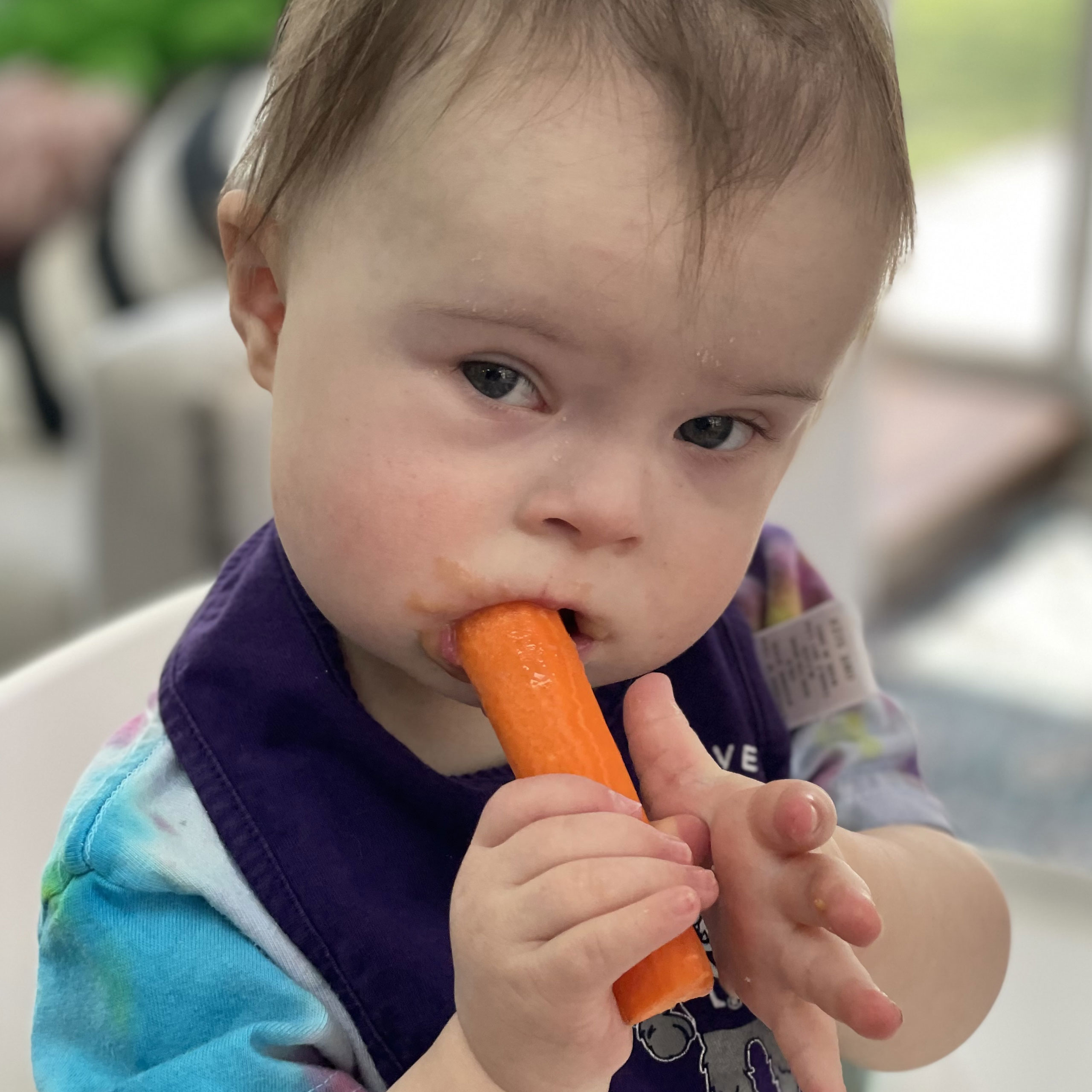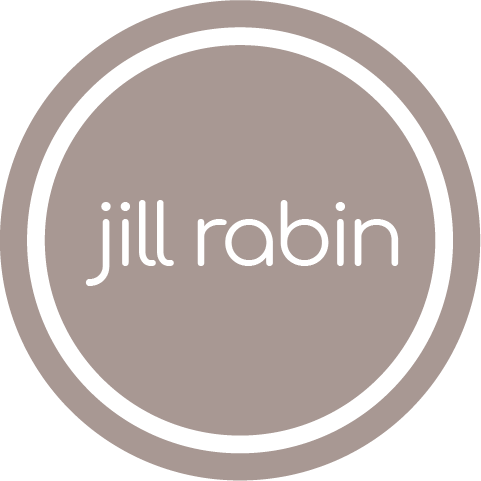Implementing a Baby-Led Approach to the Introduction of Solid Foods for All Babies
This course given by speech pathologist and IBCLC Jill Rabin, will educate parents and professionals on how to facilitate adapted baby-led weaning in babies with feeding challenges.
Baby-Led Weaning (BLW) is a child-directed feeding approach that has gained popularity as an alternative way of transitioning babies to solid food feedings. With this method, babies are taught to self-feed table foods from the time they begin eating solids, versus the adult-directed method of being spoon-fed purees. Mere mention of the BLW approach can spark a heated and controversial conversation among medical professionals and feeding therapists who often deem this method as “dangerous.” Those reactions are only magnified when the prospect of using BLW with adaptations for babies with feeding challenges, such as Down syndrome, is mentioned.
The adapted baby-led weaning approach™ (ABLW) was developed by Jill Rabin in 2010. While this approach can result in a multitude of benefits for babies at risk for for or with feeding challenges, it needs to be implemented safely with a strong foundational feeding base. Through lecture, slides, and video instruction, participants will be instructed on how to safely transition at-risk babies to solids using the ABLW approach through discussion of populations that would benefit from this approach and how to use the size, shape and texture of different foods therapeutically to safely facilitate feeding skill development. The importance of a sensory motor feeding base, use of bridge devices and responsive feeding techniques as well as the importance of a collaborative team approach with pertinent medical and therapeutic professionals, will also be addressed.
This on demand course is valid for 1.75 hours of continuing education.
120-Minute On-Demand Webinar
ASHA CEUs Available
Illinois Early Intervention credit available

